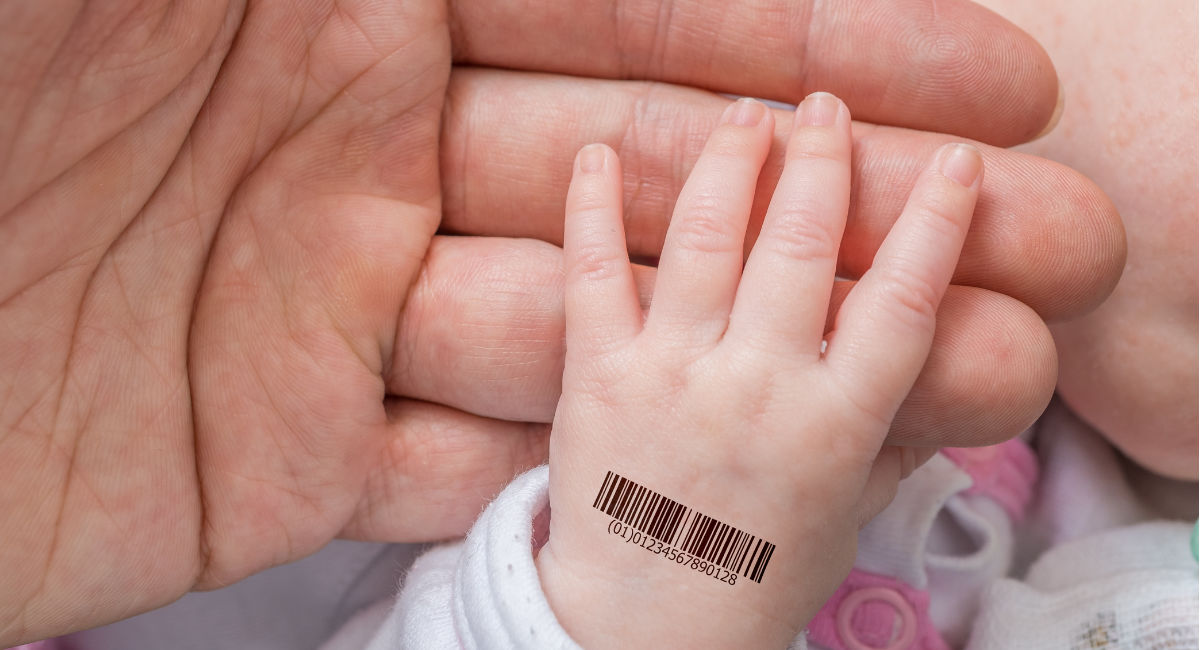Fertility is a billion-dollar industry that profits from the desperation of people who want to be parents. Just one round of IVF costs tens of thousands of dollars with only a 20-30% chance of success. On that path to success are countless babies who either didn’t survive, were discarded for not being perfect, or were aborted for being one baby too many after they were created to fulfill their parents’ wishes.
While some couples and fertility clinics are cautious about the IVF process and refuse to destroy any of the embryos they create, the fertility industry is largely commodifying children. The common and dehumanizing language surrounding the industry is proof of this.
“Fresh” vs. “frozen”
Embryos aren’t seafood or the meat at a local restaurant, yet they are spoken of as if they are. The fertility industry compares which human beings have the better chance of being carried to term and of being healthy: fresh embryos or frozen. Frozen embryos are human beings whose entire lives have been an experiment. Freezing humans prevents them from living their lives as they wait for their parents to decide whether they are truly wanted or not. Or in many cases, they are in stasis indefinitely because their parents have decided they are done with the process and have abandoned them. People are not meant to be labeled “fresh” vs. “frozen.” Children conceived using IVF are human beings and deserve to be treated as such.
“Highest quality embryos”
So many embryos — human beings — are created during a typical IVF cycle that doctors actually weed through them to find the ones deemed to be the “highest quality.” Embryos are even labeled by a grading system determined by how likely they are to survive, assigned designations such as 5AA or 4AB. This process reduces children to items on a factory line rather than the unique and special individuals that they are. Classifying human beings based on their perceived health is a form of eugenics.

“Leftover”
Couples undergoing IVF can create upwards of 20 embryos — but most couples don’t want 20 children. So what happens to the remaining embryos once the couple has birthed the children they want? It’s impossible to imagine anyone calling their born children “leftover” or “surplus” but that is the terminology used to refer to children created through IVF who are not implanted.
These “surplus” babies are then either left frozen indefinitely, donated to another couple, destroyed, or donated to science. The parents have the babies they want, and they don’t want any more.
No human being should ever be labeled “surplus” like a product no one wanted to buy.
“Selective reduction”
Along those same lines is the idea that couples doing IVF celebrate when they have multiple “healthy” embryos because this gives them the opportunity to try and try again if the first round or two of implantation fails. But what happens when each of the embryos implanted actually survives? Suddenly, it’s bad news.
The creation of multiple “quality” embryos is celebrated, but the implantation of multiple healthy children is not. Suddenly those long-desired children are viewed as too many children. That’s when doctors suggest selective reduction or multifetal pregnancy reduction, which allows the same parents who purposefully and willfully created these children to destroy them through abortion.
Some parents make this unethical choice not because of health risks, but because they are afraid of losing their lifestyle and afraid of having less money for the things they want. One mother who chose to abort one of her twin babies because they didn’t want twins wrote, “He or she was the product of my love for my husband, a life we’d made together on purpose. This fetus had an identity, not least as someone’s twin. “Selective reduction” was Orwellian; I knew I was ending what could be a life.”
But her baby wasn’t “what could be a life.” Her baby was alive… she knows that because she wrote about injecting poison into the baby’s heart to stop it from beating. She wrote about worrying about the baby’s decaying body next to the other baby’s growing body. She worried that the child she chose to keep would feel that loss.
READ: Made to order: Paris Hilton says she’s started IVF ‘so I can pick twins if I like’
Another woman who aborted two of the triplets she purposefully created and implanted admitted that while going through the process, “We were only focused on having children.” Then suddenly, they had too many children and killed two of them. She called it a “sacrifice”:
As a mother, it was the only choice I had. It was a sacrifice beyond what I thought I was capable of making, but, as parents know, that’s part of being a parent.
Maybe the most important part.
No, killing two of her children was not her “only choice.” Part of being a parent is protecting one’s children, not sacrificing one child’s life in the hopes that the act will save another.
“Deserve to have children”
The fertility industry thrives on the mentality that “all families deserve to have children.” But children aren’t property or a prize that a person is entitled to; they are human beings.
What about what the children deserve? First and foremost, the children deserve to live their lives rather than to be perpetually frozen. And they deserve to know their parents. Many couples who use IVF turn to donor eggs or sperm to create a child. They pick through donors to find the preferred qualities and then, usually, access to that biological parent is denied — usually the biological parent doesn’t even view himself or herself as such.
The Facebook group Them Before Us shows that this mentality deeply affects children conceived this way. A woman named Ellie wrote about she ‘hates’ her conception and how she feels like a business transaction:
I’m the child of a stranger, who altruistically sold me, his biological daughter, to a family he would never meet. He signed away his rights to be a father to me, and my parents gladly bought the gift that would give them a child.
They were ecstatically happy when my mother became pregnant, but no one considered how I would feel about the transaction that took place, how I would feel about having no right to a relationship with my biological father, no access to my paternal family, not even medical information.
“Worth it”
Despite all of the death involved in IVF, many parents will say that it was “worth it” just to have the child they have. But are the deaths of 1.7 million embryos really “worth it” when there are thousands of children in need of adoptive families?
One million people have been born thanks to IVF, but 1.7 million have died and an estimated one million are currently frozen in the United States alone. The ends do not justify the means, and there are other options to battle infertility.
While even some pro-lifers see IVF as life-giving, far more lives have been lost to IVF than have been born. While every life IVF has enabled to be born is precious and valuable, the lives of all those lost to IVF were just as precious and valuable.
“Like” Live Action News on Facebook for more pro-life news and commentary!







